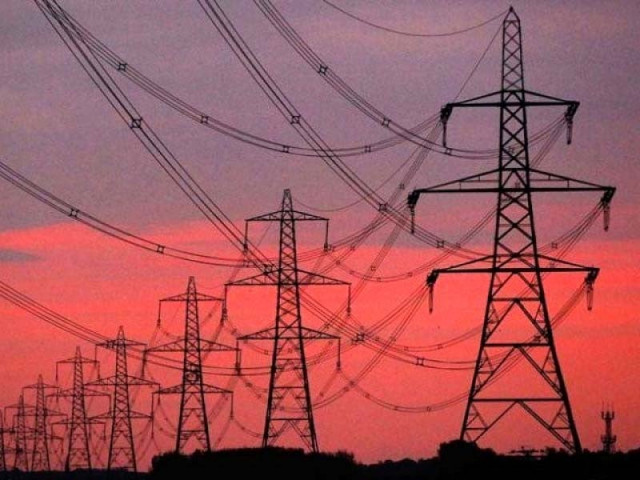Pakistan’s grid failures reinforce need for investment
Estimates pegged the revenue losses due to technical constraints at Rs3,670 million in just FY 2021-22 alone

On October 5, 2022, over 140 million people across Bangladesh were left in the dark when the national grid collapsed, unexpectedly. Restoration efforts took over seven hours. On Thursday, October 13, Pakistan’s national grid also experienced a similar collapse which affected multiple cities across Sindh, Balochistan, and Southern Punjab. After 36 hours, the Power Division announced that the transmission network had been restored but DISCOs continued load management to prevent overburdening the system.
These power crises highlight the overwhelming vulnerabilities within the power sector and reinforce the dire need for structural reforms. Above all, they present an opportunity to revisit current policies in order to secure critical infrastructure in the future.
Notwithstanding the geopolitical and macroeconomic factors impacting Pakistan’s generation capacity, the lack of focus on fortifying power distribution and transmission systems is making the sector more susceptible to frequent breakdowns. As South Asia and Pakistan also face the behemoth of climate change, we have to elevate our standards to match the world’s developed countries, which plan their power network to withstand a number of realistic contingencies, in order to prevent a cascading collapse.
The key to achieving this is investment and more importantly, a shift away from the stifling grip of the current tariff regime which limits it. Multiple studies have emphasised that the lack of cost-reflective tariffs, particularly in the transmission and distribution (T&D) segment, are not only adversely affecting the financial stability of the entities operating in the sector but also do not incentivise them to make the required investment to improve the infrastructure. How can deteriorating systems be expected to protect the end-consumers?
Nepra’s latest State of Industry Report highlighted that technical constraints in the transmission network are congesting the network at key locations, hindering economic dispatch of power plants and compromising the reliability of the transmission system. Estimates pegged the revenue losses due to these constraints at Rs3,670 million in just FY 2021-22 alone. There is an urgent need to address these challenges if we want to ensure the sustainability of the sector and its individual components.
The same report also highlighted the limited autonomy of DISCOs, whose restricted financial independence is barring them from making commercially driven and cost-effective decisions. In order to encourage investment from existing and potential investors, it is essential that a fair tariff regime is introduced on a war-footing basis which follows the core principle of sufficiency. By sufficiency, it is meant that electricity rates should allow a utility to recover the costs of providing its services along with a reasonable rate of return. Sufficiency also considers the extent to which the electricity rates incentivise utilities to make continuing investments in the electricity system in order to ensure long-term viability and sustainability.
In the absence of necessary and forward-looking reforms, the power sector will continue to function like a leaking boat. Pakistan should be taking note of the frequency with which these breakdowns are occurring and prepare a strategy that attacks the short-term redressal along with the long-term policy reforms. DISCOs and transmission companies need to accelerate their progress as well, especially as the country is pivoting towards a competitive landscape. There can be no competition, nor any progress, if the tariff policies do not create an enabling environment.
The writer is an MBA and researcher based in Islamabad, well connected with policy makers.
Published in The Express Tribune, October 17th, 2022.
Like Business on Facebook, follow @TribuneBiz on Twitter to stay informed and join in the conversation.


















COMMENTS
Comments are moderated and generally will be posted if they are on-topic and not abusive.
For more information, please see our Comments FAQ